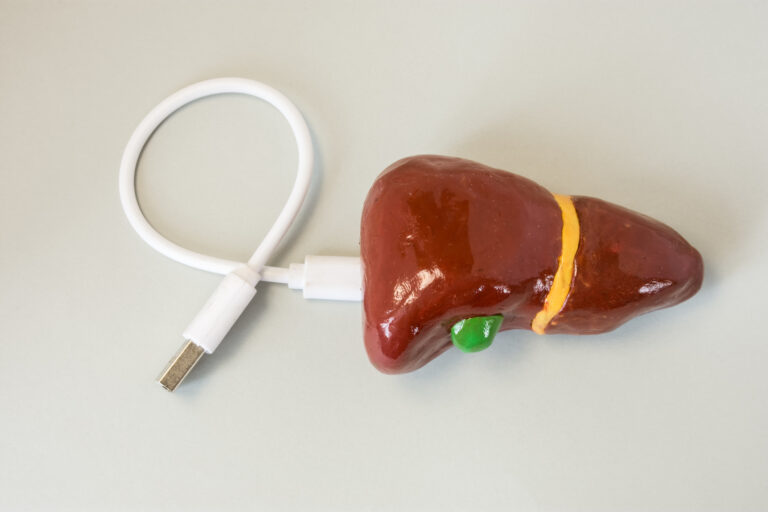The liver is one of the most incredible organs in our body. When you look at it, it just looks like a boring slab of meat. No special characteristics, but it has an astonishing array of functions. Then you look at a heart with its 4 chambers, different types of valves, arteries and veins, an intriguing array of chordae, muscles and the way it moves. Yet with all that, its functions are limited – to pump blood from the body to the heart, then back to the body again, in an endless cycle.
The liver is much like a computer processor, and as such, when everything goes right, we are happy, when not, we are frustrated. With both, the adage “garbage in, garbage out” is very applicable. The liver processes just about anything that goes into the body. That means anything applied to the skin, placed in the mouth or injected by any means. The more we put into it, the more work it has to do to clear it out. Both liver and computer have to be taken care of, or one day we wake up to find our computer failed.
Liver disease, like many other health issues today, continues to increase as the insults to our bodies increase. Keep in mind, that just as a computer rarely fails overnight, but rather slows down, doesn’t turn on properly, shows odd screens or in other ways shows us there is impending failure, so does our liver. There is no true black and white – rarely is there 100% failure or 100% healthy. It lives in the grey area – sometimes closer to the white, other times closer to the black.
Some people like to refer to the area of grey as “liver stress”. Symptoms of liver stress could include fatigue, low platelets, nausea, edema, digestive problems (such as constipation, bloating, reflux, hemorrhoids, irritable bowel and indigestion), loss of appetite, swollen spleen, gallbladder problems (such as stones, abnormal metabolism of fats, intolerance to fatty foods or alcohol), pain over the liver (right upper quadrant of the abdomen), jaundice (yellowing coloration of whites of eyes or skin), skin changes (itchiness, dry or dark patches, yellow hue), stool changes (black, green or pale), weight gain or inability to lose weight, cholesterol problems, mood changes (depression, anxiousness, anger, irritability, intolerance), blood sugar instability and hormonal imbalances. Quite the list.
To liken this to the computer, one day you turn it on, and it’s sluggish, or turns on, then right back off again. Sound like anyone you know?
Just as we clean up, defragment, our computer, the liver needs to be cleaned up as well. Overloading either the liver or our computer will eventually come back to haunt us. If your liver is stressed, it may be time to see a Health Detective to see what went wrong in the first place and fix it, so you’re back to a calm reliable hummmmmmmmm.
©2017 Holly A. Carling, O.M.D., L.Ac., Ph.D.







